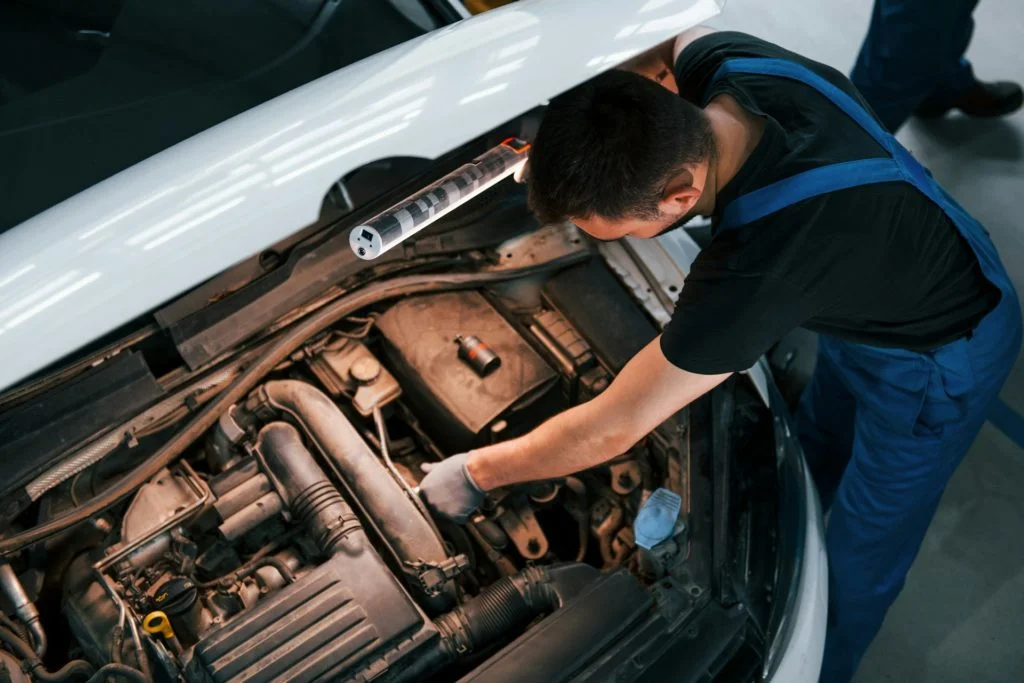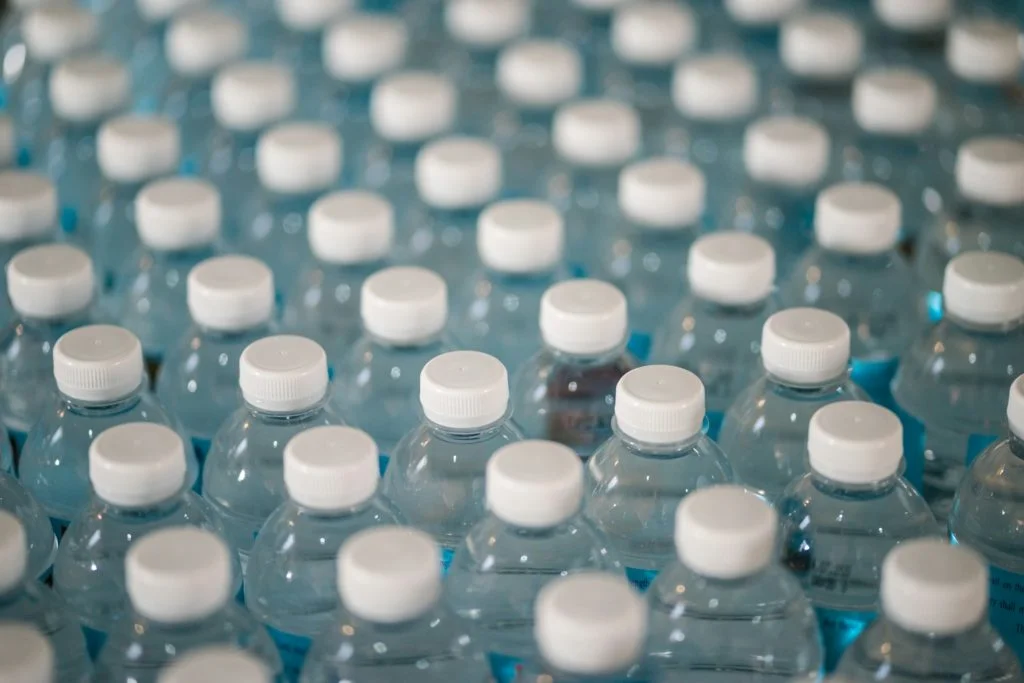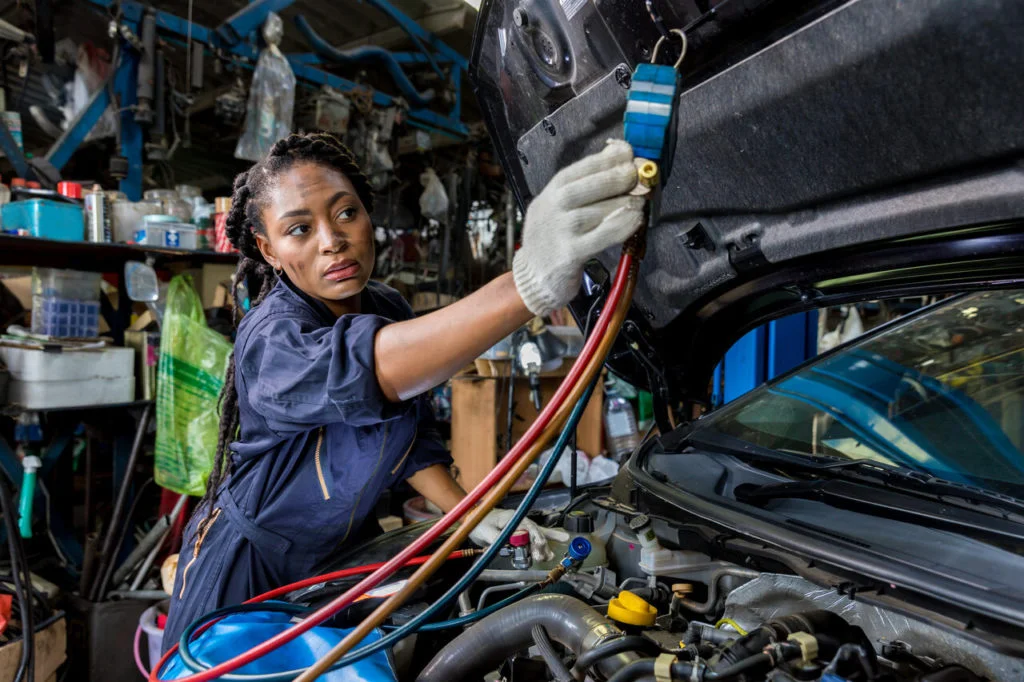Sustainability has become a prominent focus for industries worldwide, including the automotive sector. With increasing pressure to reduce greenhouse gas emissions and adopt environmentally responsible practices, the industry’s reliance on virgin plastics has been scrutinised. The need for innovative alternatives to virgin plastics is apparent, and reprocessed plastics from closed-loop systems, such as the ones provided by Pulse Plastics, offer a viable solution.
In this blog, we will explore how Pulse Plastics contributes to advancing sustainability in the automotive industry through its reprocessed plastics. We will discuss the numerous environmental and economic benefits of reprocessed plastics, including reduced emissions, waste reduction, and resource conservation. Furthermore, we will delve into the role of closed-loop systems in facilitating sustainable plastic use and examine how automotive manufacturers can successfully incorporate reprocessed plastics into their operations.
Join us as we delve into the significant potential of reprocessed plastics and closed-loop systems in shaping the automotive industry’s sustainability journey and discover how Pulse Plastics plays a crucial role in facilitating these much-needed changes. Together, we can drive the industry towards a more environmentally conscious future.
1. The Environmental Challenges of Virgin Plastics in the Automotive Industry
The widespread use of virgin plastics in the automotive industry has raised environmental concerns due to greenhouse gas emissions, pollution, and resource depletion. The manufacturing processes of virgin plastics are energy-intensive and generate significant CO2 emissions, heavily contributing to the industry’s environmental footprint.
Moreover, the disposal of plastic waste often results in landfill accumulation and ocean pollution, exacerbating global waste management issues. As a result, there is a growing need for sustainable alternatives to virgin plastics to address these environmental challenges and support the automotive industry in achieving its sustainability goals.
2. Reprocessed Plastics: Driving Sustainability in the Automotive Sector
Reprocessed plastics offer several environmental and economic benefits contributing to the automotive industry’s sustainability objectives. Key advantages of incorporating reprocessed plastics into automotive manufacturing include:
- Reduced emissions: Compared to virgin plastics, reprocessed plastics require less energy in the manufacturing process, leading to decreased CO2 emissions. Furthermore, recycling and reprocessing plastic waste can prevent the need for additional production of virgin materials, further reducing emissions.
- Waste reduction: With the integration of reprocessed plastics, manufacturers can divert waste from landfills and reduce the amount of plastic pollution in our oceans. The use of reprocessed plastics creates a demand for recycled materials, encouraging higher recycling rates and improved waste management.
- Resource conservation: As reprocessed plastics are made from recycled materials, they conserve valuable non-renewable resources and reduce the reliance on virgin plastics. This approach supports sustainability by promoting resource conservation and circularity in the automotive industry.
3. Pulse Plastics’ Closed-Loop Systems: A Key Driver of Industry Sustainability
Pulse Plastics’ innovative closed-loop systems are crucial in driving sustainability within the automotive sector. These systems involve the collection and reprocessing of waste plastic, transforming it into usable materials that can be incorporated into the manufacturing process or other applications. By adopting closed-loop reprocessing systems, automotive manufacturers can greatly enhance their commitment to environmental responsibility and reap the following benefits:
- Streamlined waste management: Through closed-loop systems, manufacturers can manage their plastic waste more effectively, reducing disposal costs and supporting the industry’s transition towards a circular economy.
- Lower emissions and energy consumption: By utilising reprocessed plastics, manufacturers can reduce both their reliance on energy-intensive virgin plastics and the associated greenhouse gas emissions.
- Cost savings: Owing to their recycled content, reprocessed plastics are often more cost-effective than virgin plastics, providing an economically viable solution for manufacturers seeking to adopt environmentally friendly practices.
4. Practical Steps for Adopting Reprocessed Plastics in Automotive Manufacturing
Automotive manufacturers can take several practical steps towards incorporating reprocessed plastics into their operations and embracing a more sustainable approach:
- Assess manufacturing processes and material usage: Evaluate your current manufacturing processes and materials to identify opportunities for incorporating reprocessed plastics.
- Collaborate with a plastic solution provider: Establish a partnership with a reputable plastic solution provider, such as Pulse Plastics, to gain access to an extensive range of reprocessed materials suitable for automotive applications.
- Implement new production techniques: Develop and implement new production techniques that accommodate reprocessed plastics to ensure the materials’ successful integration without compromising product quality or performance.
- Continuous improvement and innovation: Remain committed to continuous improvement and seek opportunities for further innovation and sustainability gains, such as implementing more efficient waste management practices or collaborating with other manufacturers on circular economy initiatives.
Conclusion
Reprocessed plastics, facilitated by innovative closed-loop systems like those provided by Pulse Plastics, offer a powerful solution to the environmental challenges facing the automotive industry. By adopting reprocessed plastics and embracing more sustainable practices, manufacturers can significantly reduce their environmental impact, conserve valuable resources, and contribute to a more circular automotive industry.
Pulse Plastics remains at the forefront of driving sustainable changes within this sector, offering automotive manufacturers a reliable partner to assist in transitioning towards more eco-conscious manufacturing processes. By collaborating with Pulse Plastics and taking practical steps to integrate reprocessed plastics into their operations, automotive manufacturers can pave the way for a greener, more sustainable future.


